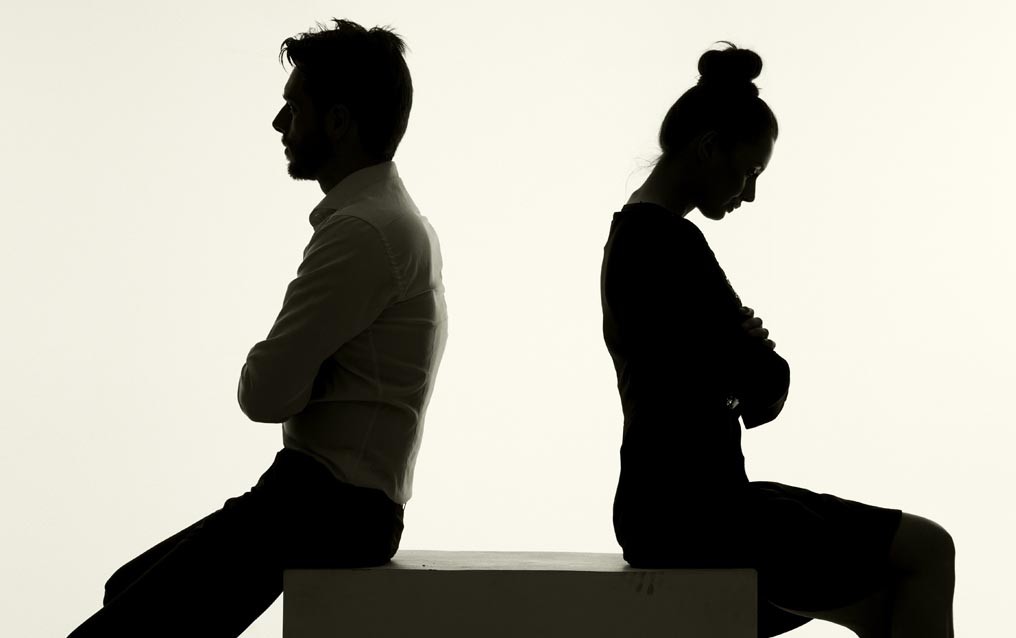
Is family indeed a heaven-like place where love, care and trust reside or is it a product of conformity and needs to be problematised a little more?

"Marxists think it’s only there to serve capitalism, feminists think it’s only there to serve the patriarchy and postmodernists think it’s outdated and that there’s more than one family structure due to individuals having more free choice." I really don’t know what the original question was but this is a reply lying on the internet to a possible question about family (on a student website to be exact).
Then there are those amid us who like to glorify the idea, which is very subjectively conceived mind you, and refuse to entertain any ideas that lie outside their own limited understanding of family. They consider it a sacrilege to question what can potentially and does go wrong in a family, the pain, the violence both latent and actual, and the undue demands on women or mothers to sustain this exalted idea. Family, and by that they mean nuclear family, is where all wonderful things happen; where the parents are ready to offer food, shelter and clothing to the children, a heaven-like place where love, care and trust reside.
Others believe inequality is intrinsic to family, which cannot function without a patriarchal figure just as an organisation or company can’t without a CEO. There is division of labour, which somehow includes procreation, and perceives women as caregivers within family and men as earning hands who work outside homes. Try bringing equality into this institution and it will break, crumble, they warn.
All these ideas presume family as a static unit of a particular kind. When, in reality, it is constantly evolving in varied ways across different cultures. You could say it’s already ‘crumbling’ but that will be a narrow reading of history in which family, as we know it today, has existed only for a short period.
I wonder if those who have a peculiar notion of family, which they understand as the logical product of the march towards civilisation, ever question why is it coming apart in the very ‘civilised’ parts of the world.
So what is it that the international families day signifies is open to interpretation, depending on which part of the earth you reside, but it is clearly something that is worth-preserving. The United Nations which has taken upon itself this additional task of celebrating ‘days’ and is understood as a Western construct must have reasons to conclude that celebrating the existence of family is important -- for the collective good of humanity, especially children.
Personally, I don’t see the use of restating the "protective image" of family that provides a place of "absolute fulfillment" because this is already too familiar. Academics, philosophers and thinkers have extensively studied family, and their scholarship points at different, often contradictory, directions. One isn’t sure to what extent their findings have forced societies to rethink and change norms. This is important because people by and large exist in a social milieu, and feel compelled to conform to social norms. If the norms project a particular kind of family as the best or ideal, they would like to fit into that model.
This is where the idea of family becomes problematic because it is not just a product of conformity, it also reinforces conformity. The roles are clearly defined and even when they are straining, which they inevitably are within a family, there is no conversation about it. Those who enjoy more privilege (yes I am talking about the males) in that structure refuse to have that conversation because it might lead to letting go of that privilege.
With or without this, the gender roles are constantly changing, both as a reaction to the exploitation that is experienced within family and in response to economic needs of capitalist times. Largely, in a setup where the patriarch controls and supports, it is women who are thought to suffer more. They are discriminated as daughters whereas the demands on mothers are huge, causing them anxiety, stress and depression.
Men too suffer under the burden of these socially defined roles, especially when they can’t adequately perform; though exploitation of women and children under their ‘control’ could come both by over-and under-performing men.
In societies where there is conversation on these issues, there is more flexibility of roles and an attempt to bring in more equality into the family structure. There are sit-at-home fathers who, we are told and occasionally see, rejoice in their new parenting role. The ‘normality’ of nuclear families is being increasingly questioned, too.
Read also: Nine, three, one
While the Marxists may have lamented that inheritance of property, effected within a family, reinforces the existence of class, some parents around us do not believe in free lunches even for their own children. They raise their children in the hope that they will be looked after well by the children in old age; at times, they actively stop them from pursuing their dreams.
Not an easy subject I know this family business; any discussion around it seems to cross the bounds of conformity. But, as said earlier, conversation is always an improvement on conformity.